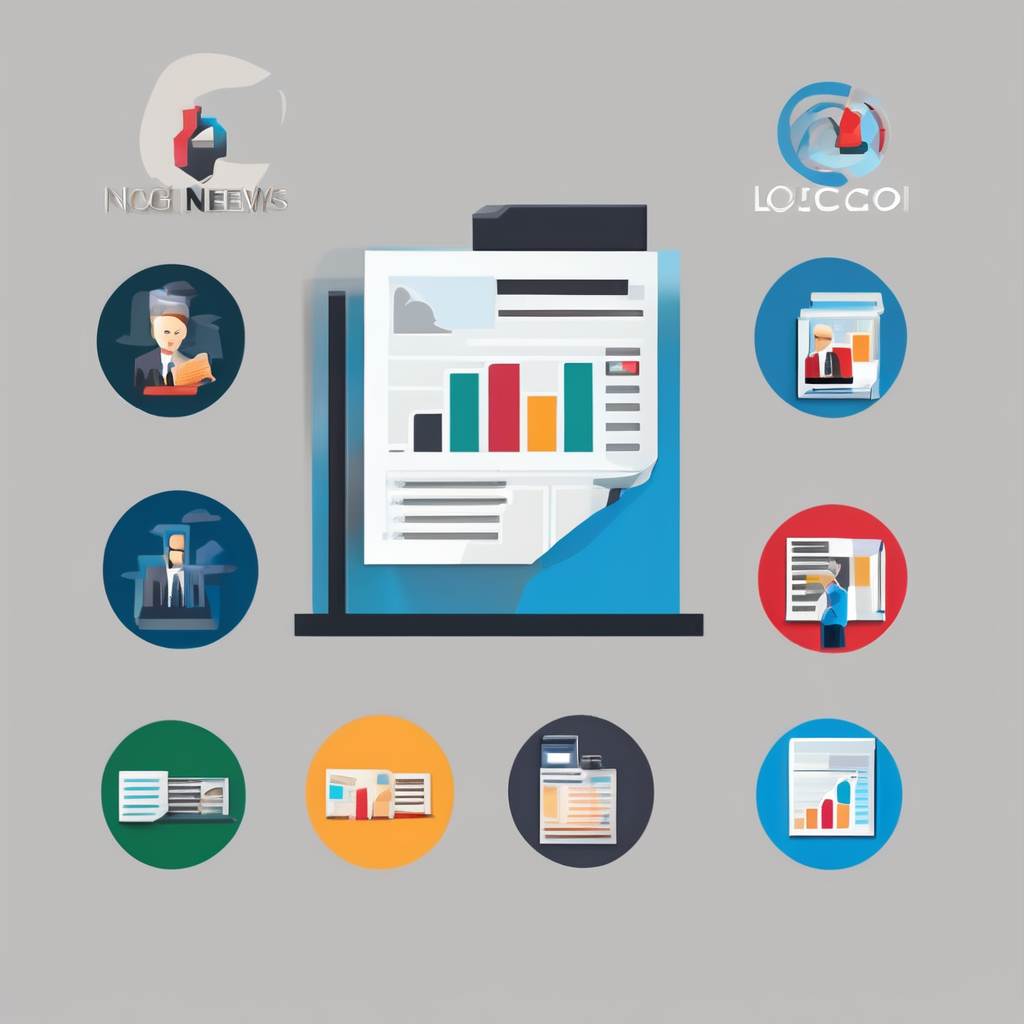Key Emerging Trends Impacting UK Businesses
Understanding UK business trends is crucial as the landscape rapidly evolves. Among the primary movers are technology adoption, shifting consumer behaviour, and regulatory changes—all reshaping how companies operate and compete.
One prominent trend is the growth of digital platforms and automation in business, which streamline processes and enhance efficiency across industries. For instance, e-commerce platforms have surged, driven by consumers demanding convenience and personalized experiences. As customer expectations evolve, businesses must respond swiftly, adapting product development and service offerings accordingly.
Topic to read : How Can Innovation Drive Sustainability in UK Businesses?
Simultaneously, UK business changes include increasing emphasis on sustainability and compliance with new regulations. Many sectors face tighter rules around environmental impact and social responsibility, impacting operational decisions and investment priorities.
Moreover, the post-pandemic market reflects altered consumer habits, emphasizing health, convenience, and value. Companies that align strategies with these shifts enjoy stronger engagement and resilience. The integration of technology and responsiveness to consumer demands form the backbone of current emerging business trends.
In parallel : How Can UK’s Business Environment Adapt to Post-Pandemic Changes?
Marketers and leaders navigating these developments find success by embracing innovation and regulatory foresight. Awareness of these key trending forces enables strategic agility—a must for thriving in today’s ever-shifting UK business environment.
The Role of Technology in Business Transformation
Technology adoption is a central driver of UK business changes, with digital transformation reshaping operations across sectors. Emerging business trends increasingly highlight the role of automation in business, AI, and digital platforms as catalysts for efficiency and innovation.
Many UK companies, from SMEs to large corporates, face challenges such as investment costs and workforce reskilling. However, the benefits are clear: automation reduces manual tasks, freeing up staff for higher-value activities. Meanwhile, AI enables smarter decision-making through data analytics, improving customer experiences and optimizing supply chains.
A prime example is retailers using AI-powered chatbots and personalized marketing via digital platforms, which align with evolving customer expectations. Similarly, manufacturing embraces robotics and IoT technologies to boost productivity and quality control.
UK tech innovation also supports greener business models, merging technology adoption with sustainability goals. Firms integrating these solutions gain competitive advantages while meeting regulatory demands.
Overall, the latest industry developments reveal that technology not only drives operational efficiency but also fosters resilience. Businesses willing to invest strategically in tech stand to benefit from enhanced agility and future-proofed growth in an increasingly digital UK market.
Changing Consumer Behaviour and Market Responses
Consumer behaviour trends in the UK have shifted significantly, especially following the pandemic. These changes reflect evolving UK customer expectations that prioritise health, convenience, and digital engagement. Understanding these shifts is essential for businesses aiming to stay relevant.
For example, UK consumer behaviour now favours personalised services and quicker delivery options. This forces companies to rethink product development and customer engagement strategies. Market adaptation involves integrating digital tools to meet these demands effectively. Companies that adjust their business strategy to focus on seamless online experiences and flexible services often outperform competitors.
Moreover, UK customer expectations extend beyond convenience to include ethical considerations, such as sustainability and transparency. Businesses responding to these trends enhance brand loyalty and attract conscious consumers.
Adapting to these consumer behaviour trends also means leveraging data insights and AI-powered analytics. This enables precise targeting and tailored offerings, driving greater customer satisfaction. UK businesses that actively monitor and respond to emerging business trends in consumer behaviour achieve improved customer retention and growth.
Addressing these evolving demands requires continuous review and dynamic business strategy updates. Companies balancing innovation and responsiveness position themselves well in today’s competitive market landscape.
Regulatory, Environmental, and Economic Forces
UK businesses increasingly face complex regulatory updates that shape operational decisions. Recent regulations emphasise stricter business compliance with environmental standards and social governance, reflecting growing public demand for responsible practices. For example, new carbon reporting requirements compel companies to monitor and reduce emissions meticulously.
Sustainability trends have become a core priority. Many sectors incorporate ESG (Environmental, Social, Governance) frameworks into their strategies to meet both legal obligations and consumer expectations. These efforts not only mitigate risks but also create market differentiation.
The economic outlook presents additional challenges, as ongoing inflation pressures impact costs across supply chains and labour markets. Businesses must balance price adjustments with maintaining competitiveness—especially in sectors sensitive to input cost volatility.
Navigating these forces requires agility. Companies embracing proactive compliance and sustainability initiatives tend to improve resilience. For instance, integrating eco-friendly technologies and supply chain transparency are practical responses aligning with regulatory demands.
Understanding the interplay of UK regulations impact, sustainability trends, and economic factors is essential for strategic planning. Leaders prioritising these areas can better anticipate changes and maintain operational stability in an increasingly regulated and dynamic market environment.
Predictions: How Trends Will Shape the Future of UK Businesses
Examining the UK business future reveals that ongoing emerging business trends will profoundly influence resilience and strategic direction. Experts forecast that technology adoption, evolving consumer expectations, and regulatory changes will continue to redefine market dynamics.
What opportunities lie ahead for UK firms? Growth is expected in sectors leveraging digital transformation and sustainable innovation. Companies harnessing AI and automation in business processes gain efficiency and competitive edge, fostering adaptability in uncertain conditions.
How can businesses enhance resilience amid fluctuations? Diversification of revenue streams and investment in workforce skills are crucial. Firms proactively integrating ESG principles can better manage risks linked to stricter UK regulations impact and shifting consumer preferences.
What should leaders prioritise in long-term planning? Scenario analysis incorporating economic outlook and regulatory forecasts supports informed decisions. Emphasising agile strategies enables swift responses to unforeseen disruptions while capitalising on industry developments.
In sum, the latest industry developments highlight the need for strategic agility and foresight. UK businesses that balance innovation, compliance, and customer-centricity position themselves for sustainable growth and competitiveness in a transforming market environment.
